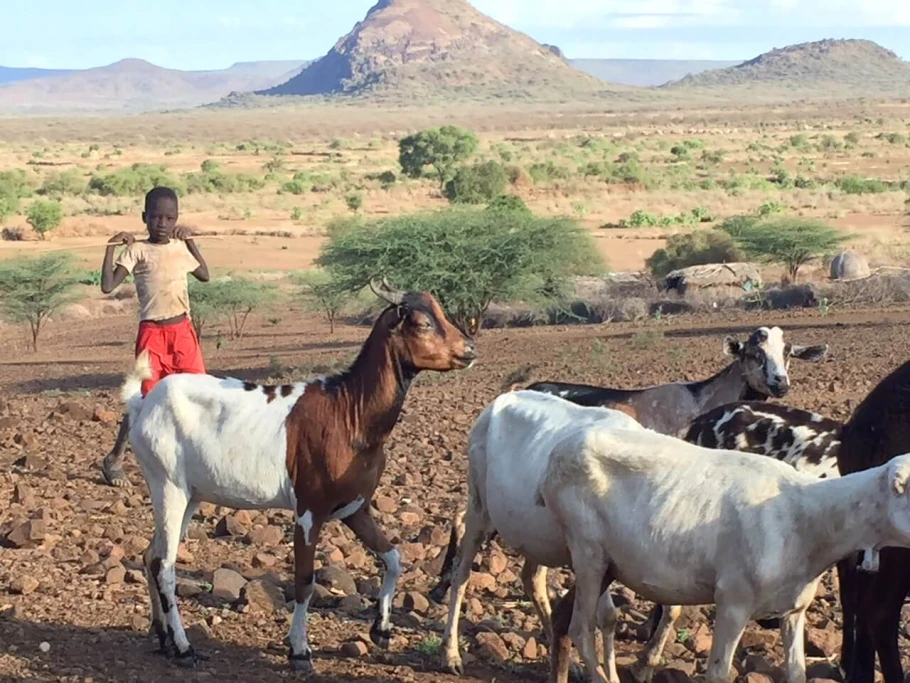
Schools in Kapoeta in Eastern Equatoria State are receiving tree seedlings from the UN Food and Agriculture Organization, in collaboration with the department of environment, an official has said.
“We are distributing tree seedlings to the school because schools have the capacity to maintain the trees. They take care of trees as students water them as part of their learning process,” Noah told Singaita FM.
The county falls within the south-eastern semi-arid pastoral livelihoods zone. It is mostly arid and residents engage in animal husbandry as their primary means of livelihood, with some subsistence farming also taking place.

In 2018 it was estimated that 54% of the county’s households engage in agriculture (FAO & WFP, 2018). Competition over resources drives intercommunal conflict as the county has grazing land but no water dams for the dry season, according to Climate Sensitivity Resource Facility (CSRF).
As a result, resident herders tend to migrate to the flood plains of neighboring Lafon/Lopa County during the dry season, which often brings them into conflict with local herders and farmers.
There have been frequent droughts in recent years. The county experiences chronic food insecurity primarily due to poor food production systems. Most households rely on the local market for staple foods.
Noah said once they mature, the trees attract rainfall and create conducive environment to the people in the community.
Some of the schools getting seedlings are Kapoeta Day Secondary School, Kuleu Light, Bishop Sisto Mazolde, Hope of South Sudan and Kotome Primary School.
The seedlings are of umbrella tree, jack fruit, passion fruit, and Muringa. Noah also appealed to the residents of Kapoeta town to buy and plant seedings.